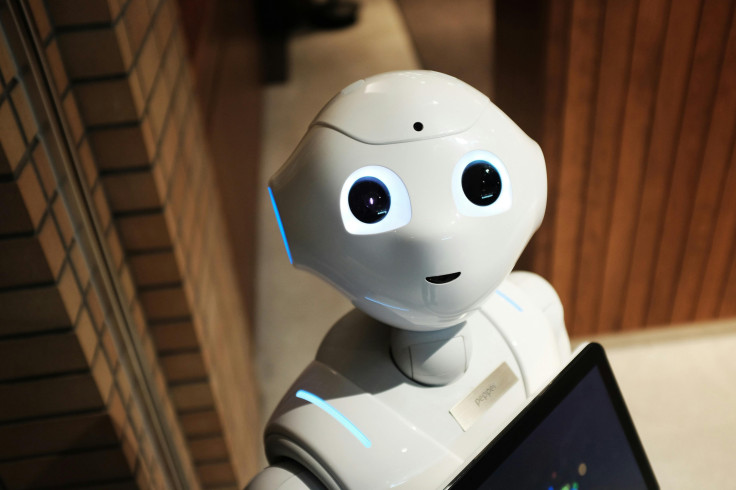Within 10 Years, Many Jobs Could Vanish, Warns DeepSeek Senior Researcher at a Chinese Conference
AI advances could threaten millions of jobs in the next decade, says DeepSeek researcher at World Internet Conference

A leading Chinese AI expert has issued a grave warning about the future of human employment and urged tech companies to act as 'guardians of humanity' amid growing concerns over automation and jobs.
Chen Deli, a senior researcher at the artificial intelligence company DeepSeek, told delegates at the World Internet Conference in Wuzhen that AI could eliminate the majority of human jobs within the next 10 to 20 years — unless tech companies take moral responsibility for protecting society.
Dire Warning at Wuzhen Conference
Speaking at the World Internet Conference in Wuzhen, China, DeepSeek senior researcher Chen Deli delivered a stark message about the future of work.
In one of the company's rare public appearances since its rise to prominence earlier in 2025, Chen cautioned that AI could replace the majority of human jobs within 10 to 20 years, describing the trend as a massive problem for society.
'In the next 10–20 years, AI could take over the rest of the work humans perform, and society could face a massive challenge, so at the time, tech companies need to take the role of 'defender',' Deli said.
Chen's remarks were part of a panel discussion attended by executives from leading global tech firms, including Anthropic and OpenAI. He emphasised that while AI may currently assist human productivity, its long-term trajectory could result in widespread displacement across industries.
Tech Firms Urged to Become 'Guardians of Humanity'
In his address, Chen called on technology companies to act as defenders of human welfare, rather than merely developing disruptive tools. 'Tech companies should play the role of guardians of humanity, at the very least protecting human safety, then helping to reshape societal order,' he said, urging firms to prioritise social impact and employment safeguards as AI capabilities accelerate.
The researcher's comments echo growing concerns among policymakers and labour organisations about the unchecked rise of automation. With generative AI systems now capable of performing tasks in writing, design, coding and customer service, the pressure on entry-level and mid-tier roles is mounting.
A Decade of Disruption Looms

Chen's predictions align with recent warnings from Anthropic CEO Dario Amodei, who told The Information that up to half of entry-level white-collar roles could vanish within five years as AI tools become more capable. Unemployment, Amodei added, could soar to 20% if governments fail to adapt.
The accelerating fusion of large language models, robotics, and machine learning is expected to reshape industries from healthcare and finance to education and logistics. While optimists argue that new forms of employment will emerge, Chen expressed scepticism about whether retraining efforts can keep pace with automation.
'We cannot assume displaced workers will be easily absorbed into new sectors,' he warned. 'Policy and education are lagging far behind technology.'
DeepSeek's Growing Influence
Founded in China, DeepSeek has rapidly gained attention in 2025 for its advanced AI models and research contributions. Though the company has remained largely private, its participation in the Wuzhen conference signals a growing willingness to engage with global stakeholders on ethical and societal issues.
Chen's appearance marks a shift in tone for DeepSeek, which has previously focused on technical breakthroughs rather than public policy. His call for corporate accountability and human-centred design reflects a broader movement within the AI community to address the unintended consequences of innovation.
Global Regulation and Ethical Urgency
Governments around the world are now grappling with how to regulate AI without stifling progress. The European Union has proposed the AI Act, which aims to classify and control high-risk applications. Meanwhile, the UK is pursuing a 'pro-innovation' approach, encouraging voluntary compliance and ethical standards.
Chen's warning adds urgency to these efforts, suggesting that the window for meaningful intervention is narrowing. He emphasised that waiting until the damage is done could make it too late to reverse, advocating for proactive governance and international cooperation.
Humanity at a Crossroads
As the AI revolution accelerates, Chen's plea serves as both a caution and a call to action — urging companies and governments to balance innovation with empathy. 'AI should serve humanity, not replace it,' he concluded.
© Copyright IBTimes 2025. All rights reserved.





















